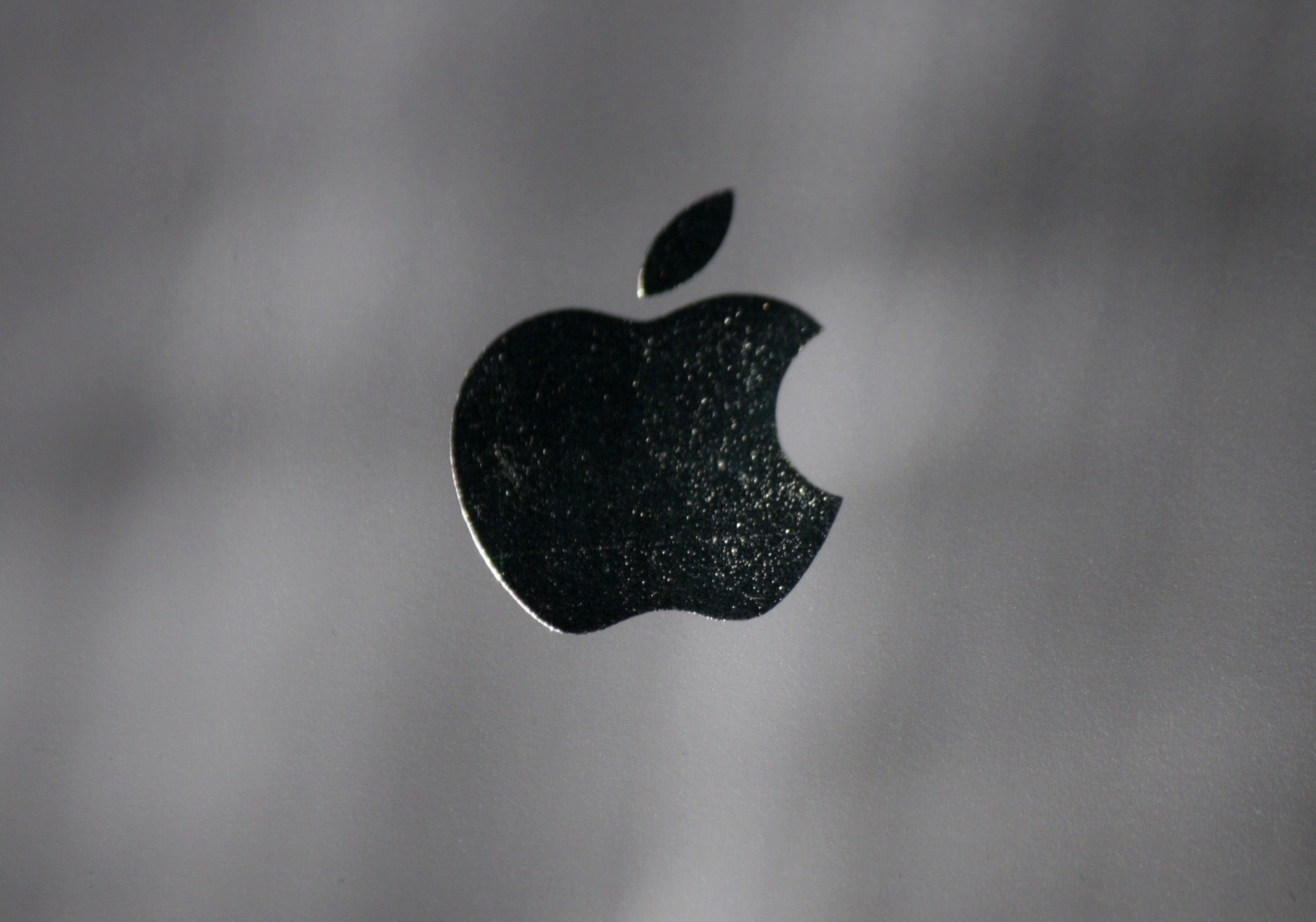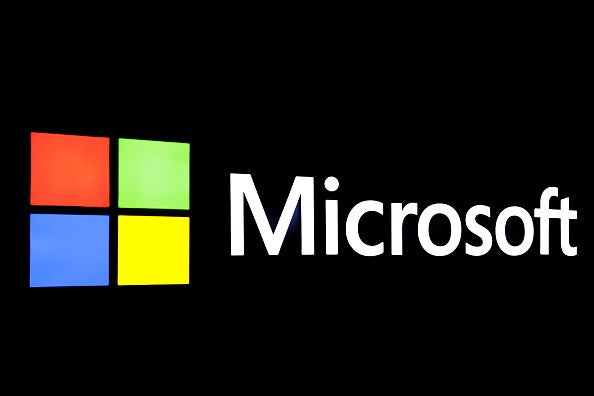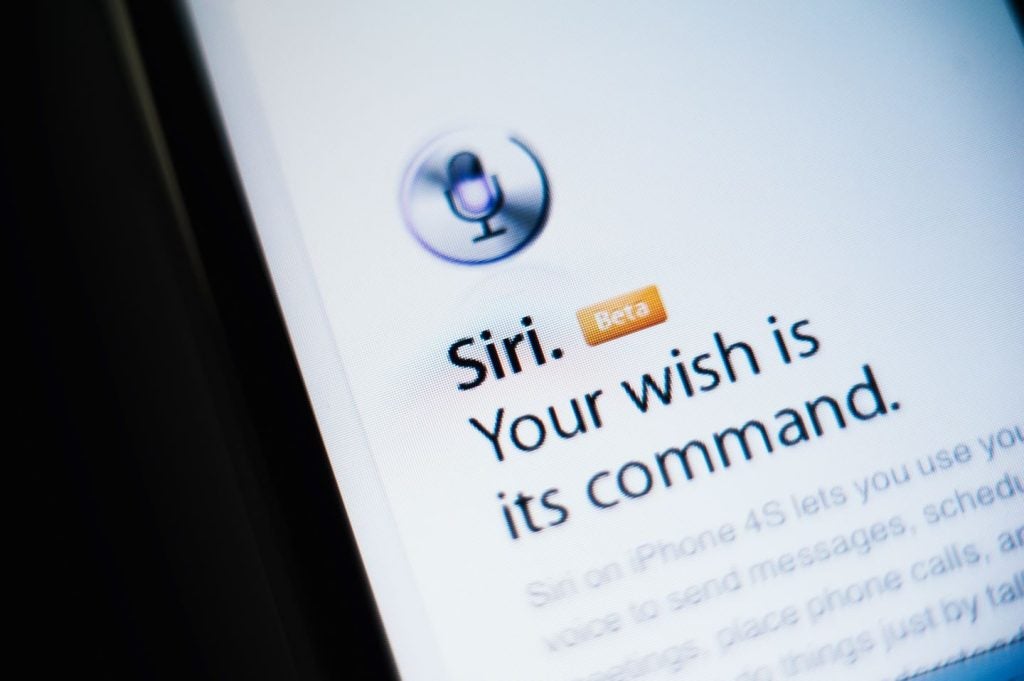
Apple’s spring event will take place on 20 April. The Cupertino-based company is expected to unveil its latest smattering of new devices and updates at the event. However, the tech giant also faces many challenges that it probably won’t mention.
So let’s talk about those looming problems, shall we?
Money, money, money must be funny
Cash is king. So what does a $2tn company have to worry about when it comes to money? Quite a bit, actually. Part of the problem is the fact it has so much of it.
“Apple’s biggest challenge is maintaining its incredible performance over the last few years,” Ben Wood, chief analyst at CCS Insight, tells Verdict. “Shareholder expectations remain exceptionally high so it affords the company little room for any errors. A good example are the current component shortages. Although Apple is better insulated than others due to its rigorous supply chain management, it will still be affected.”
Apple weathered the Covid-19 crisis well. Its net income jumped from $55.26bn in 2019 to $57.41bn in 2020. However, the company’s operating margin dropped from 24.6% to 24.1% over the same period.
“Declining profitability decreases the company’s ability to provide higher returns to its shareholders,” an analysis of Apple’s outlook on GlobalData’s Technology Intelligence Centre suggests.
How well do you really know your competitors?
Access the most comprehensive Company Profiles on the market, powered by GlobalData. Save hours of research. Gain competitive edge.

Thank you!
Your download email will arrive shortly
Not ready to buy yet? Download a free sample
We are confident about the unique quality of our Company Profiles. However, we want you to make the most beneficial decision for your business, so we offer a free sample that you can download by submitting the below form
By GlobalDataApple’s financial results from the first quarter of 2021 suggest that Cupertino may have been able to turn a corner. In the last quarter ending on 26 December, its operating margin increased to 30.09%. The new products unveiled at Apple’s April event are sure to play a key role in whether or not the company can maintain that momentum.
Apple fought the law and…
Apple’s efforts to keep its finances in the black are currently being challenged on many fronts. One is that governments around the world are growing concerned that Apple is using its dominant market position to choke competition.
“Antitrust regulation will be the main challenge for Apple in the future,” Laura Petrone, senior analyst at GlobalData, tells Verdict. “The company is increasingly viewed as a monopolist.”
Petrone adds: “Antitrust scrutiny is challenging Apple’s digital services, its largest revenue source after the iPhone. Until recently, Apple’s business model has been mainly scrutinised by European regulators, to the extent that the EU launched a twin antitrust investigation on Apple’s App Store and Apple Pay in 2019-2020. But the tide seems to be turning: the US Department of Justice and a coalition of state attorneys took the first steps last year towards launching an antitrust probe against Apple, similar to the lawsuit launched against Google earlier in 2020.”
Apple is not alone in facing more scrutiny. Regulators and lawmakers are increasingly launching probes, lawsuits, bills and hearings to challenge the powers of Big Tech companies.
“The mood music seems to be that US tech giants have become too big for their boots and they need to be kept in line,” Toni Vitale, partner at Gateley Legal, tells Verdict. “For years, nations have allowed the likes of Apple, Google, Facebook and Amazon to ‘move fast and break things’ with relatively little scrutiny or accountability. But now US tech giants are being targeted more than ever by regulators in their home country, as well as in Europe and the rest of the world.”
Vitale suggests that the scrutiny of Big Tech is sure to intensify during the rule of the Biden administration.
“[Biden’s] nomination last month of Lina Khan to the Federal Trade Commission suggests that the Biden administration will continue, and perhaps increase, the ongoing antitrust scrutiny on tech giants including Apple,” he says. “Tim Wu, another Big Tech critic who invented the term ‘net neutrality,’ is also joining the administration.”
Apple has, however, won some of these challenges in the past. In March, the French competition authority declined to prohibit the tech giant from instituting new privacy rules for its devices. The case was about whether or not Apple’s upcoming iOS update, which will enable users to decide what apps can track them, stifled competition. The regulator disagreed with the marketing agencies who said it did. Facebook has been particularly vocal in its criticism of the new policy as it could result in a massive cut of its revenue.
“The French regulator said Apple’s new rules might help users protect their privacy,” Vitale says.
A sidenote: reports have surfaced that several tech companies in China are actively testing ways to circumvent Apple’s new privacy update. Apple has threatened to ban any business trying to do so.
No mater what new gadgets Apple’s April event will unveil, its future bottom line will rely on whether or not it can convince the powers that be that it is not stifling competition.
Suit up
Regulators aren’t the only ones taking a swing at Apple in the courts. A plethora of businesses have sued the iPhone makers over the years. Similarly to the efforts of lawmakers, these increasing number of suits have accused Apple of using its market dominance to choke competition.
In 2019, a group of iOS developers hit Apple with a class action lawsuit for its “profit-killing” practices in the App Store. The developers accused the iPhone maker of using its near-monopoly position to squeeze an extortionate 30% cut out of third-party providers using the App Store. The case is still ongoing.
Epic Games, the developer behind the battle royale video game Fortnite, sued both Apple and Google last year for basically the same reasons. Apple and Epic laid out their arguments in early April ahead of the May trial. Epic accused Apple of being a monopolist. Apple countered that Epic just wanted to revitalise flagging interest in Fortnite.
“If Epic prevails at trial, it could cause a monumental shift in how Apple does business with third-party app owners who use the App Store,” Jonathan K. Osborne, partner at Gunster and member of Globalaw, tells Verdict.
Both Apple and Google have announced plans to cut fees from 30% to 15% for developers earning under $1m in annual revenue via the virtual store.
Come Together
During Apple’s April event, Cupertino executives are bound to discuss how their technology can bring people together. However, over the years the iMac maker has been accused of not doing enough to strengthen diversity at the company.
“Apple has not been embroiled in the gig economy battles, triggered by Covid, that have plagued companies like Amazon,” Petrone says. “Also, unlike Facebook and Google, Apple’s business model doesn’t rely on digital advertising, which has largely shielded the company from data privacy scandals. However, over the last few years, it had to commit itself to advance diversity and inclusion among its workforce, after criticism for its lack of diversity and unfair compensation. Apple’s diversity numbers released in January suggest that the company is putting a lot of effort into cleaning up its reputation and increasing diversity among new hires.”
Apple’s January report says that the number of underrepresented communities increased by 64% during 2020 to make up nearly 50% of Apple’s US workforce. It has also grown the number of Black US employees by more than 50%, with a 60% increase in leadership. The number of Hispanic/Latinx employees in the US has grown by more than 80%, with a 90% increase in leadership. The number of female employees worldwide has grown more than 70%, with a 85% increase in leadership.
Rising up to the challenge of our rival
Apple’s April event will most likely announce a new line-up of products. However, these products are not alone in the market. Apple is facing massive competition from competitors like Google, BlackBerry, Dell, Fujitsu, Microsoft and Samsung who are creating their own devices and solutions, attempting to beat Apple at its own game.
GlobalData’s analysis of Apple’s strengths and weaknesses suggests that the intense competition in this space has been “characterised by aggressive price cutting and resulting downward pressure on gross margins, continual improvement in product price/performance characteristics and frequent introduction of new products.”
The competition has also created “short product life cycles and price sensitivity of consumers.”
While the $2tn brand is seemingly staying abreast of the competition for now, the products announced at Apple’s April event will surely help determine how successful it will continue to be.
Verdict reached to Apple for comment to this article. Apple didn’t reply prior to the publication of this story.






